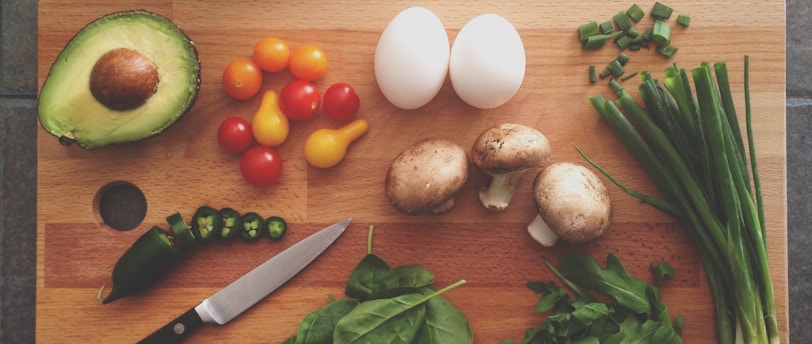Feeding Rottweilers: A Comprehensive Guide for Optimal Nutrition
12/17/20232 min read


Introduction:
Rottweilers, known for their strength, intelligence, and loyalty, deserve a diet that matches their robust nature. Proper nutrition is paramount for their overall well-being, from maintaining a healthy weight to supporting their energy levels. In this comprehensive guide, we'll delve into the intricacies of feeding Rottweilers and ensuring they lead happy, healthy lives.
Section 1: Understanding Rottweiler Dietary Needs
Rottweilers, like all dogs, require a balanced diet to thrive. Proteins, essential for muscle development, should make up a significant portion of their diet. High-quality fats contribute to coat health and overall energy, while carbohydrates provide a source of sustainable energy.
As Rottweilers transition from puppies to adults and eventually seniors, their nutritional needs evolve. Puppies need a diet rich in nutrients for growth, while senior Rottweilers benefit from diets tailored to their changing metabolism.
Reference: Rottweiler Puppies for Sale Near Me
Section 2: Choosing the Right Dog Food
Selecting the right dog food is crucial for Rottweiler health. When perusing labels, look for high-quality ingredients, avoiding fillers and artificial additives. Commercial dog food, formulated to meet specific nutritional standards, is a convenient option, but some owners opt for homemade diets.
Balancing a homemade diet requires meticulous planning to ensure all essential nutrients are included. Consulting with a veterinarian or a canine nutritionist can help create a well-rounded homemade diet.
Reference: Cheap Rottweiler Puppies for Sale
Section 3: Feeding Schedule and Portions
Establishing a consistent feeding schedule is essential. Puppies typically require more frequent meals, gradually transitioning to two meals a day as they mature. Adult Rottweilers thrive on a predictable feeding routine.
Portion control is crucial to prevent overfeeding, which can lead to obesity, and underfeeding, which may result in malnutrition. The amount of food should be adjusted based on the Rottweiler's weight, activity level, and overall health.
Reference: Rottweiler Puppies for Adoption
Section 4: Special Dietary Considerations
Rottweilers, like any breed, may have special dietary needs. Allergies, sensitivities, or medical conditions should be considered when choosing or preparing their meals. Consulting with a veterinarian can provide valuable insights into tailoring the diet to address specific health concerns.
Section 5: Hydration and Treats
Proper hydration is as important as nutrition. Fresh water should be available at all times to keep Rottweilers adequately hydrated. When it comes to treats, opt for healthy, canine-friendly options, avoiding foods that can be harmful, such as chocolate or foods high in fat.
Section 6: External References and Further Reading
To delve deeper into Rottweiler nutrition, consider exploring resources from reputable organizations such as the American Kennel Club (AKC) or The Whole Dog Journal. Additionally, consulting with veterinary nutritionists and experts in the field can provide valuable insights.
Conclusion:
In conclusion, providing a well-balanced, nutritious diet is a fundamental aspect of responsible Rottweiler ownership. By understanding their dietary needs, choosing the right food, establishing a feeding routine, and addressing special considerations, you can ensure your Rottweiler enjoys a healthy and happy life.
Closing Note:
We encourage you to share your experiences, ask questions, and seek advice from your veterinarian for personalized guidance. Every Rottweiler is unique, and tailoring their diet to their individual needs is key to their long-term health and happiness.